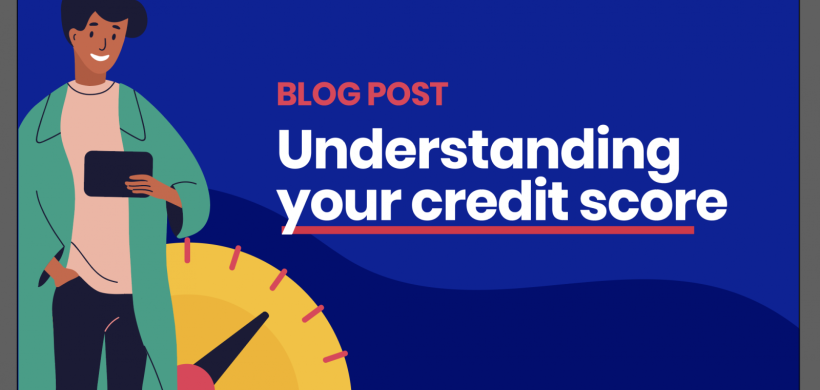Your credit score is a big deal. It affects how you get mobile phone contracts, car and home insurance, bank accounts, loans and energy deals. A credit score shows lenders how risky or safe it is to give you credit.
If your credit score is low, lenders may not let you borrow money. If they do let you borrow, they may ask you to pay a deposit, or will offer you more expensive contracts. Lenders all have their own ways of scoring you.
What affects your credit score?
- Payment history – if you haven’t always paid your bills on time this will give you a low score
- Bankruptcy or judgments - these give you a low score and stay on your credit file for six years
- How much you already owe – this may give you a low score. But if you are paying this back regularly it may not
- The length of your credit history – having no credit history will give you a lower score
- Being registered to vote – not being registered can give you a lower score
How to improve your credit score
If you have a low credit score, there are ways to improve it. Here’s how:
Pay on time
- If you have a credit card, always pay the minimum monthly payment
- Pay loans back on time. If you’ve not always managed this, start now and make sure you have 12 months of on-time payments
- Set up a direct debit with your bank or building society. This will automatically pay the minimum monthly repayment on any loans or credit cards.
- Cancel unused credit and store cards. Having too much credit, even if it’s not used, can be a problem
Show that you are settled and reliable. You can do this by:
- Registering to vote
- Staying at one address for at least a year
- Getting a landline telephone
- Not switching bank accounts for more than a year
Avoid being ‘co-scored’
-
If you pay joint household bills, loans, or have a joint bank account with someone who has a low credit score, this can negatively affect yours.
-
If you’ve split up from someone you had joint finances with, or you just moved out of a flat/house share, you should let credit agencies know. They will make sure the other person’s credit doesn’t affect yours.
Check your credit reference files
-
Check your score and make sure there are no errors. Check every year or before any credit application. Check all the addresses on your file – make sure they are all linked to your current address. Here’s how to do this:
How to check your credit score
You can find out your own credit rating by contacting agencies. Look online at any of these:
Experian Credit Expert: www.creditexpert.co.uk
CheckMyFile: www.checkmyfile.com
Equifax Credit Report: www.equifax.co.uk
Callcredit’s Noddle service: www.noddle.co.uk
These are the agencies which lenders use to check your credit score.
Most charge a small amount (around £2) to give you your credit report. You can get one free credit check by registering for the free subscription service. This normally lets you check for up to 30 days. Make sure you cancel the subscription once you’ve got your information so you don’t get charged.
